FOR IMMEDIATE RELEASE
NCUIH honored Tribal leaders, Urban Indian Organization leadership and staff, and partner organizations for their work to advance the health of urban Native people.
WASHINGTON, D.C. (April 23, 2025)– The National Council of Urban Indian Health (NCUIH) presented seven awards to Tribal leaders, Urban Indian Organization (UIO) leadership and staff, and partner organizations for their work to advance urban Native health during our 2025 Annual Conference. NCUIH thanks the awardees for their dedication to urban Native health, and their efforts to ensure that all Native people have access to high quality health care services, no matter where they live.
“Big tribe, small tribe, and no matter where our people are, wherever they reside, and often in urban centers, you have a right to health care too. The trust obligation is to Indian country, and no matter where our people are.” He added, “When I’m fighting for Indian Country, I’m fighting for you too.” – Chairman Ron Allen
Tribal Leader Impact Awards
Chairman Ron Allen (Jamestown S’Klallam Tribe) and Governor Stephen Roe Lewis (Gila River Indian Community)
The Tribal Leader Impact Awards were presented to Chairman Ron Allen, Chairman of the Jamestown S’Klallam Tribe and President of the Self-Governance Communication and Education Tribal Consortium, and Governor Stephen Roe Lewis of the Gila River Indian Community. This award recognizes Tribal leaders whose dedication, leadership, and advocacy have directly impacted the health and well-being of Native people across Indian Country, including those in urban areas.
 Chairman Allen has worked tirelessly with federal law and policymakers to protect and strengthen Tribal self-determination and improve Native health. Chairman Allen has played a key role in advancing systems that improve access to care for Native people in both Tribal and urban settings, ensuring that Native voices are not only heard, but respected and integrated into federal health policy.
Chairman Allen has worked tirelessly with federal law and policymakers to protect and strengthen Tribal self-determination and improve Native health. Chairman Allen has played a key role in advancing systems that improve access to care for Native people in both Tribal and urban settings, ensuring that Native voices are not only heard, but respected and integrated into federal health policy.
Governor Lewis has championed innovative solutions to improve the health, sovereignty, and well-being of Native communities throughout Arizona. Through strategic advocacy and deep engagement with partners at every level—local, state, and federal, Governor Lewis has been instrumental in reinforcing essential funding streams for Arizona’s UIOs and amplifying the voice of Native populations throughout Arizona, both on Tribal lands in in urban settings.
Governor Stephen Roe Lewis (Gila River Indian Community)
Urban Indian Organization Visionary Award
Robyn Sunday-Allen (Cherokee Nation), CEO of the Oklahoma City Indian Clinic
The Urban Indian Organization Visionary Award was awarded to Robyn Sunday-Allen (Cherokee Nation), CEO of the Oklahoma City Indian Clinic and President-Elect of the NCUIH Board of Directors. This award honors an individual whose leadership and innovation have helped shape the future of Urban Indian health.

Ms. Sunday-Allen leads one of the largest UIOs in the country—serving 24,000 American Indian patients every year, and her exceptional leadership has expanded access to comprehensive health services, including primary care, dental, optometry, and behavioral health to Native people in Oklahoma. Ms. Sunday-Allen’s influence spreads beyond Oklahoma, as a longtime NCUIH board member, Ms. Sunday-Allen has a long track record of elevating the voices of urban Native people and UIOs nationwide.
Urban Indian Legacy Award
Janet Reeves, CEO of Nevada Urban Indians, Inc.

The Urban Indian Legacy Award was awarded to Janet Reeves, CEO of Nevada Urban Indians, Inc., who has dedicated her career to uplifting the health and wellness of Native people in urban settings. This award honors individuals who have advanced health care and advocacy, empowered communities, and preserved Indigenous culture along the way. Under her leadership, Nevada Urban Indians Inc. has become a trusted, culturally grounded resource for Native people in Nevada and her work has helped ensure that patients can access care that respects their traditions and meets their needs.
Native Health Partnership Excellence Award
NORC at the University of Chicago

The Native Health Partnership Excellence Award was awarded to NORC at the University of Chicago. This award recognizes outstanding collaboration by one of NCUIH’s partners to further Native health. Since 2014, NCUIH has proudly partnered with NORC on a growing body of research that uplifts the voices and needs of Urban Indian Organizations (UIOs). NORC’s partnership has supported NCUIH’s efforts in publishing reports on topics ranging from telehealth utilization and expansion to Medicaid Reimbursement for Traditional Healing Services, and turned NCUIH data into action. We are grateful for NORC’s continued collaboration, expertise, and commitment to advancing health care for Native people in urban communities across the country.
Native Health Rising Ally Award
CDC Foundation

The Native Health Rising Ally Award was awarded to the CDC Foundation. This award celebrates an emerging leader or organization outside of Native communities that has demonstrated powerful allyship in advancing Urban Indian health. The CDC Foundation has been a critical ally in addressing public health challenges in Indian Country—especially in urban areas.
Urban Indian Organization Staff Member of the Year Award
Adon Vazquez (Eastern Band of Cherokee Indians from North Carolina), American Indian Health and Family Services (AIHFS)

The Urban Indian Organization Staff Member of the Year Award was awarded to Adon Vazquez (Eastern Band of Cherokee Indians from North Carolina), Program Assistant for the Sacred Bundle Project at American Indian Health and Family Services (AIHFS) in Detroit, MI. This award recognizes a staff member of an Indian Health Service-funded Urban Indian Organization who demonstrates exceptional dedication, leadership, and service. As an integral part of the Sacred Bundle Project, Adon has worked tirelessly to bring not only suicide prevention, but tangible community-based tools to Native communities across Michigan. Adon is an incredible example of how UIOs can have a lasting impact on families and youth in our communities. Adon also served on NCUIH’s inaugural Youth Council.
About NCUIH
The National Council of Urban Indian Health (NCUIH) is a national representative for the 41 Urban Indian Organizations contracting with the Indian Health Service under the Indian Health Care Improvement Act. NCUIH is devoted to the support and development of high quality and accessible health and public health services for American Indian and Alaska Native people living in urban areas.
NCUIH respects and supports Tribal sovereignty and the unique government-to-government relationship between our Tribal Nations and the United States. NCUIH works to support those federal laws, policies, and procedures that respect and uplift Tribal sovereignty and the government-to-government relationship. NCUIH does not support any federal law, policy, or procedure that infringes upon or in any way diminishes Tribal sovereignty or the government-to-government relationship.
###
NCUIH Contact: Meredith Raimondi, Vice President of Policy and Communications, mraimondi@ncuih.org, 202-417-7781



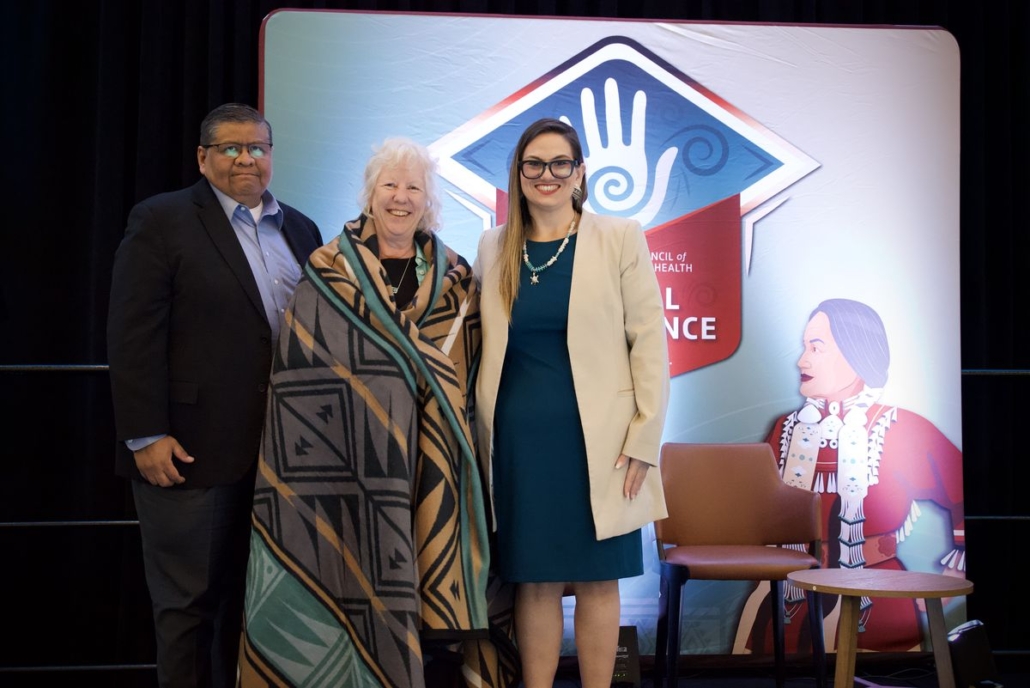
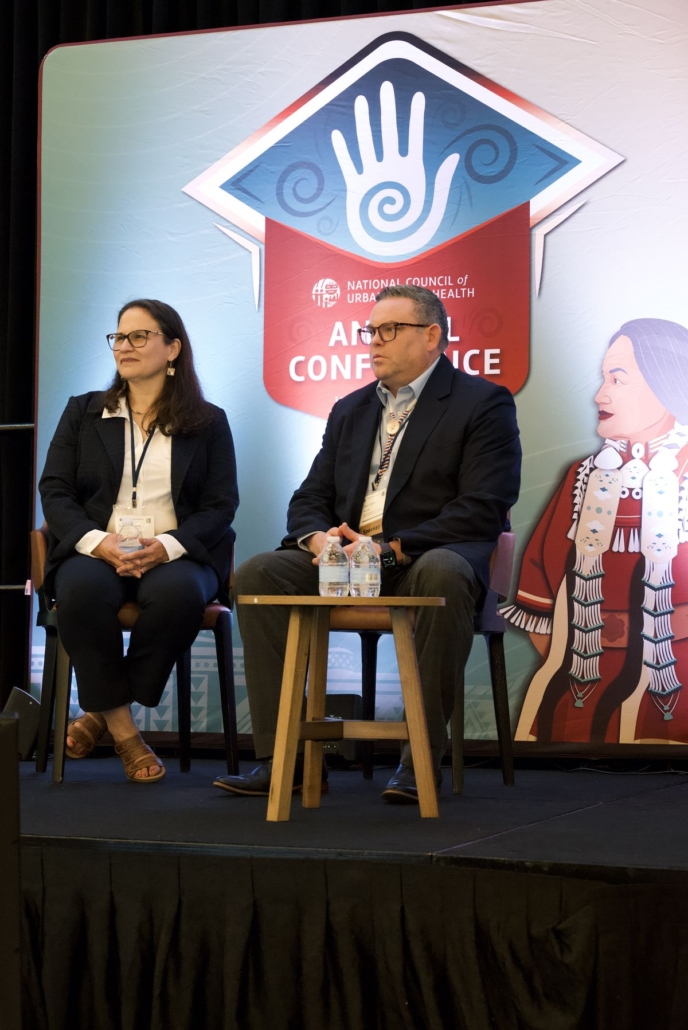
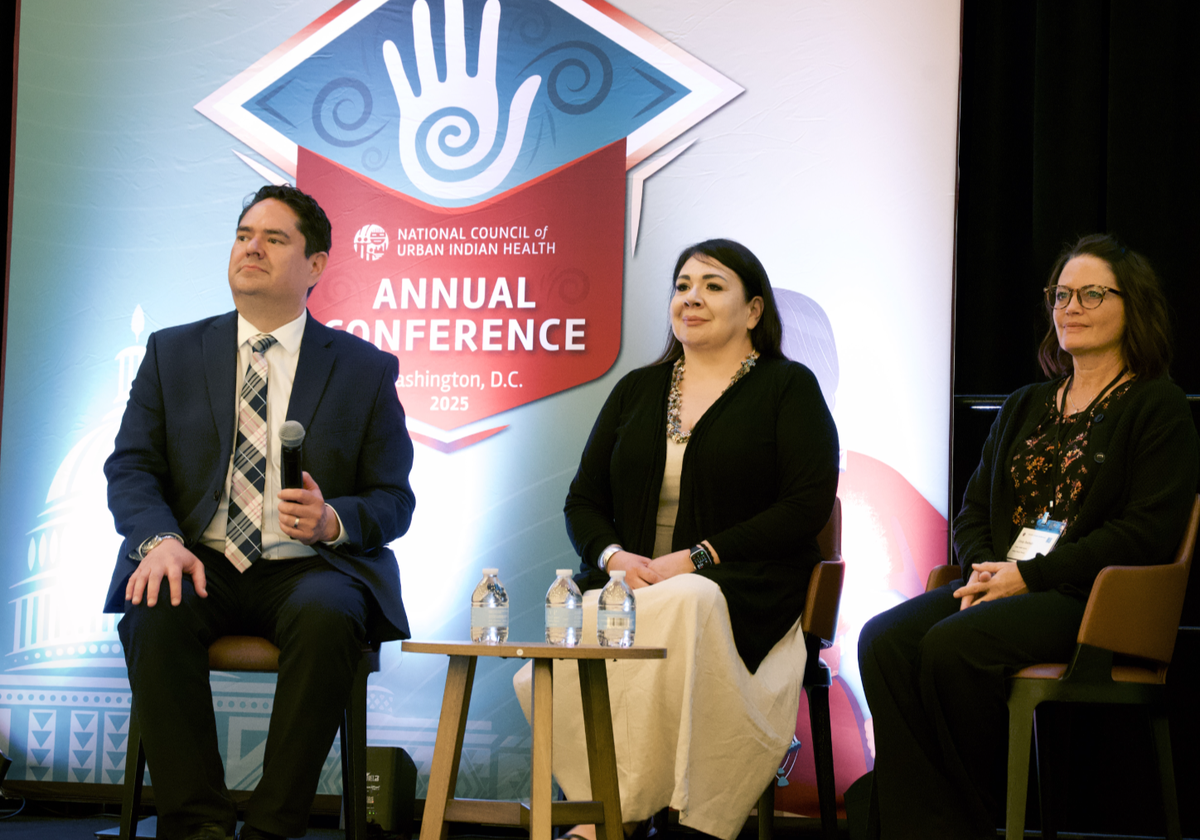
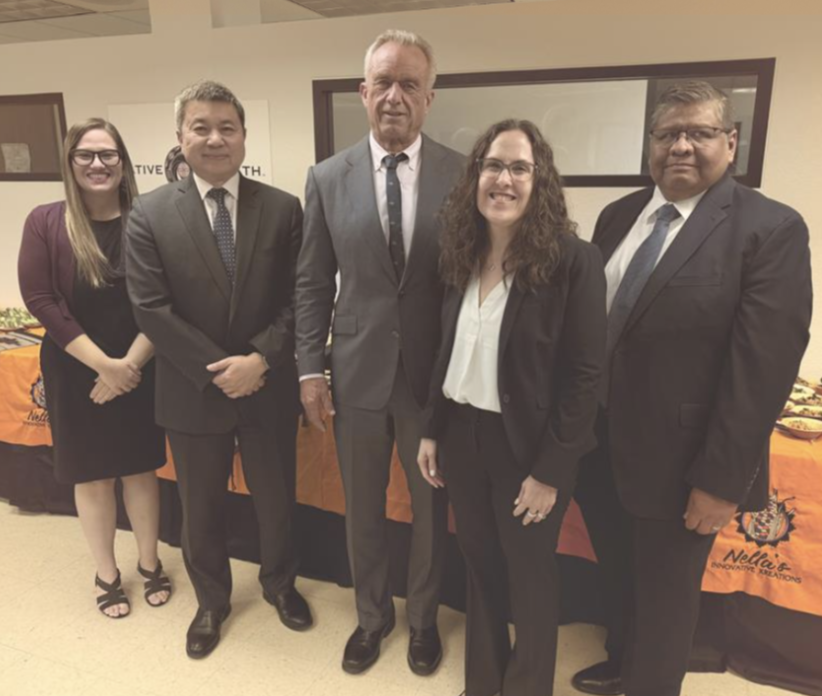
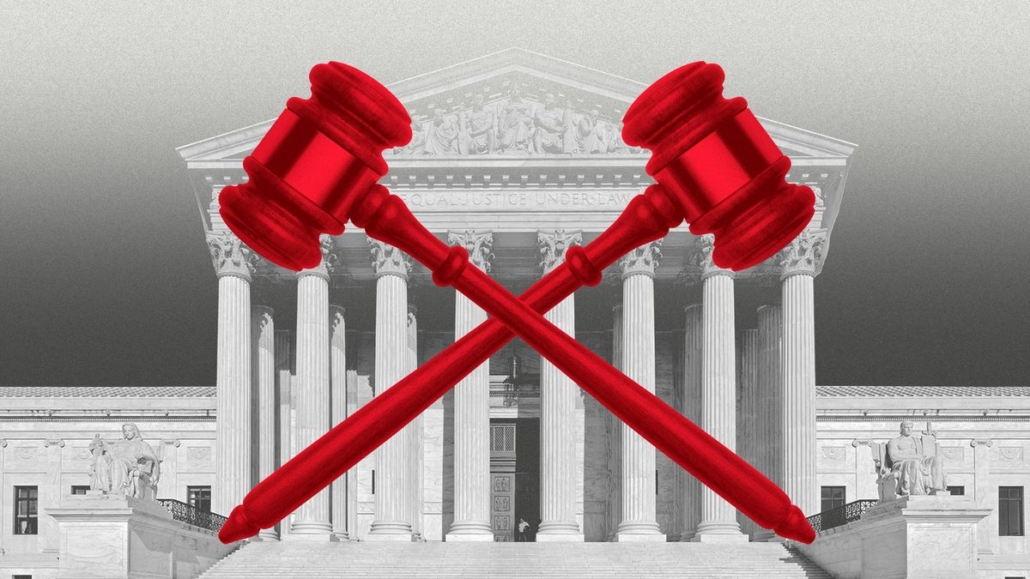
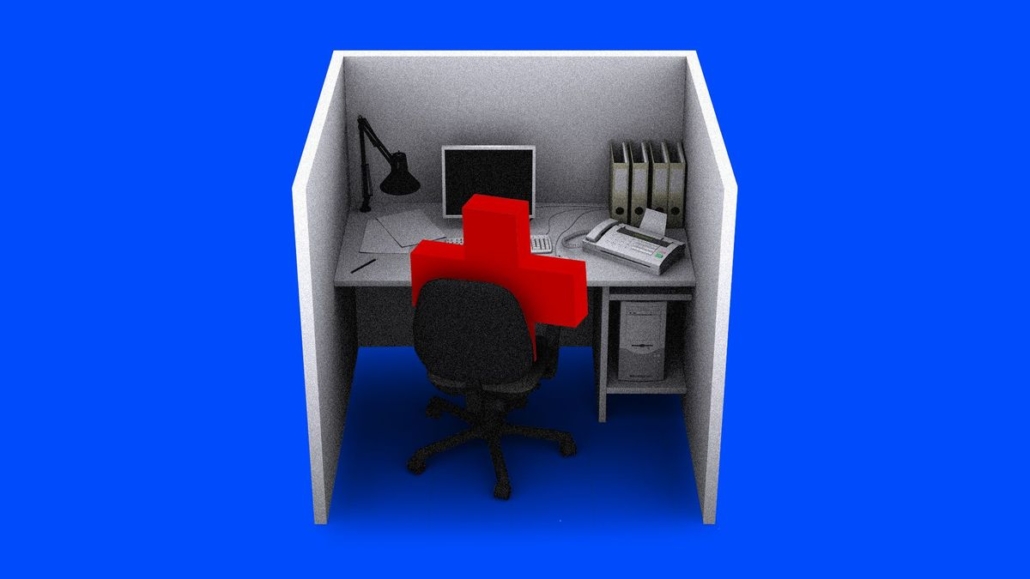
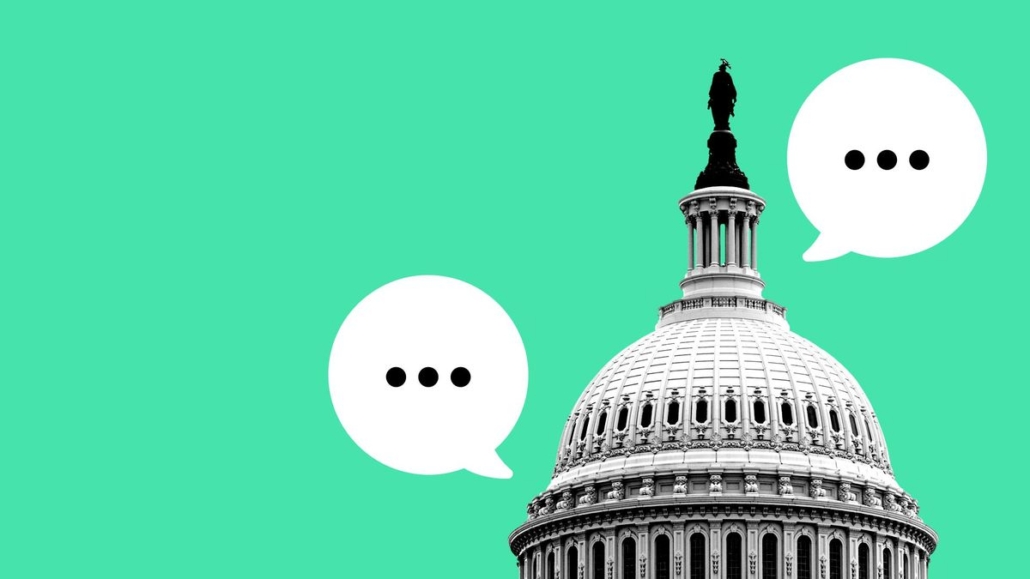

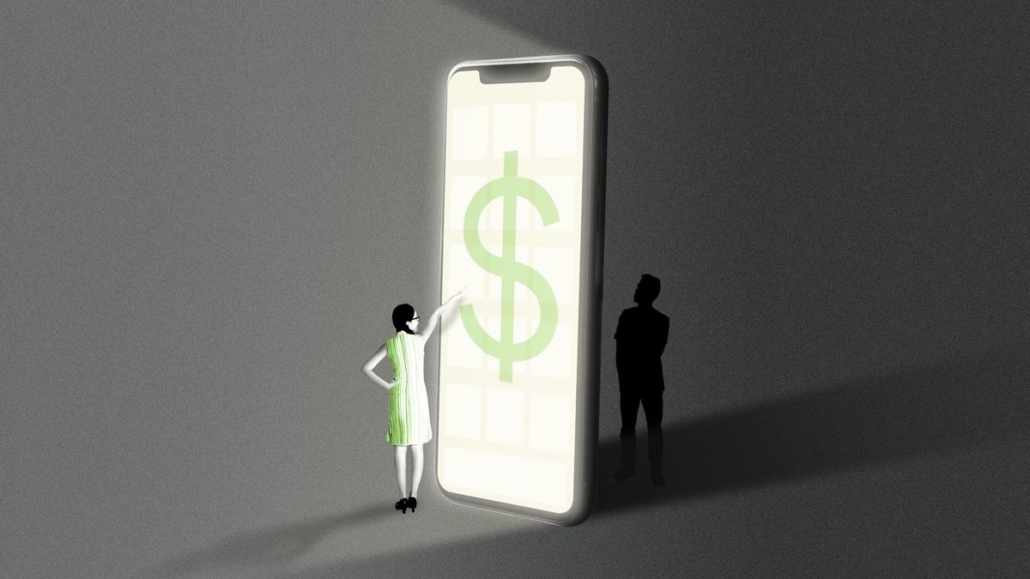
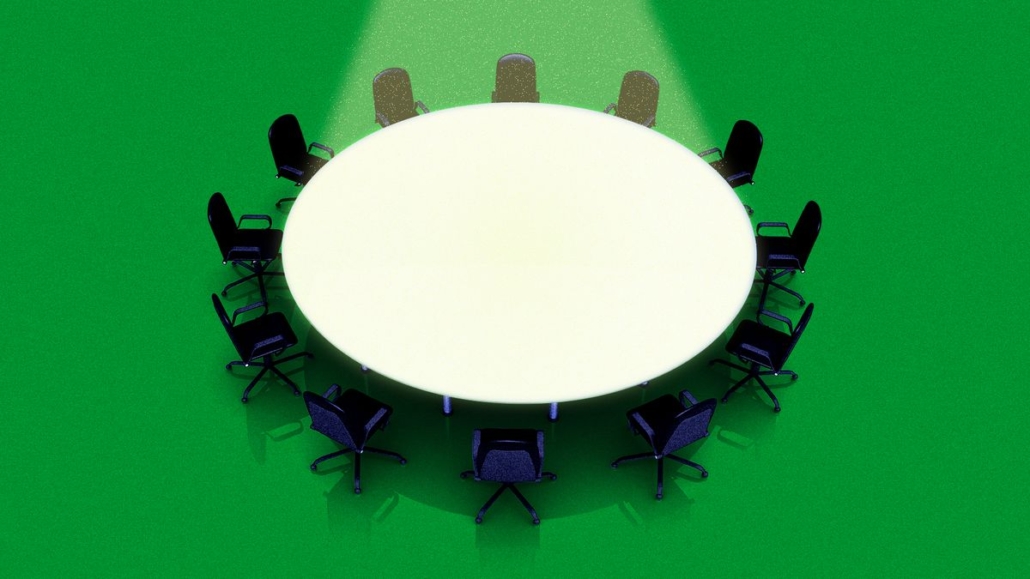


 Chairman Allen has worked tirelessly with federal law and policymakers to protect and strengthen Tribal self-determination and improve Native health. Chairman Allen has played a key role in advancing systems that improve access to care for Native people in both Tribal and urban settings, ensuring that Native voices are not only heard, but respected and integrated into federal health policy.
Chairman Allen has worked tirelessly with federal law and policymakers to protect and strengthen Tribal self-determination and improve Native health. Chairman Allen has played a key role in advancing systems that improve access to care for Native people in both Tribal and urban settings, ensuring that Native voices are not only heard, but respected and integrated into federal health policy.





